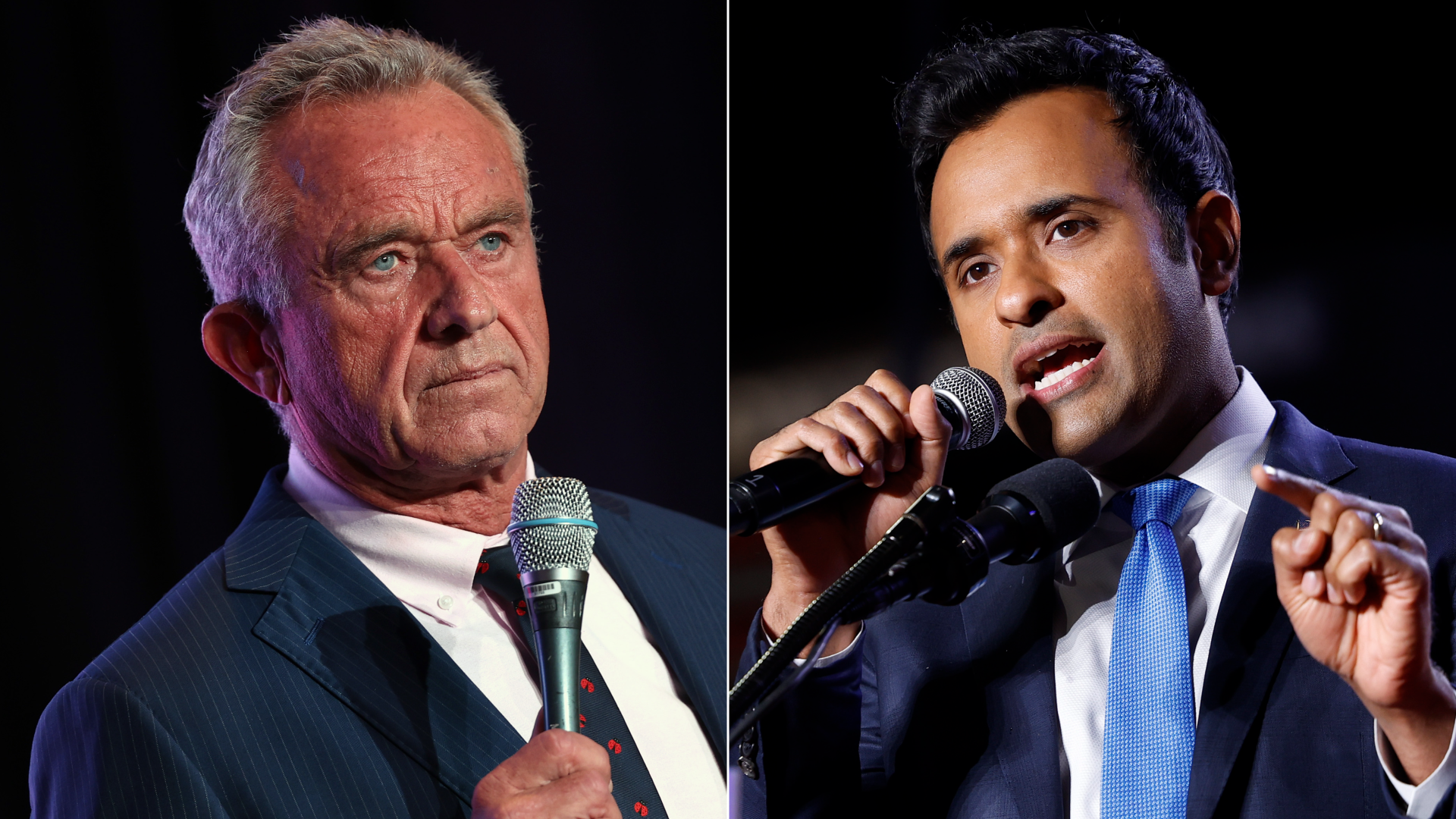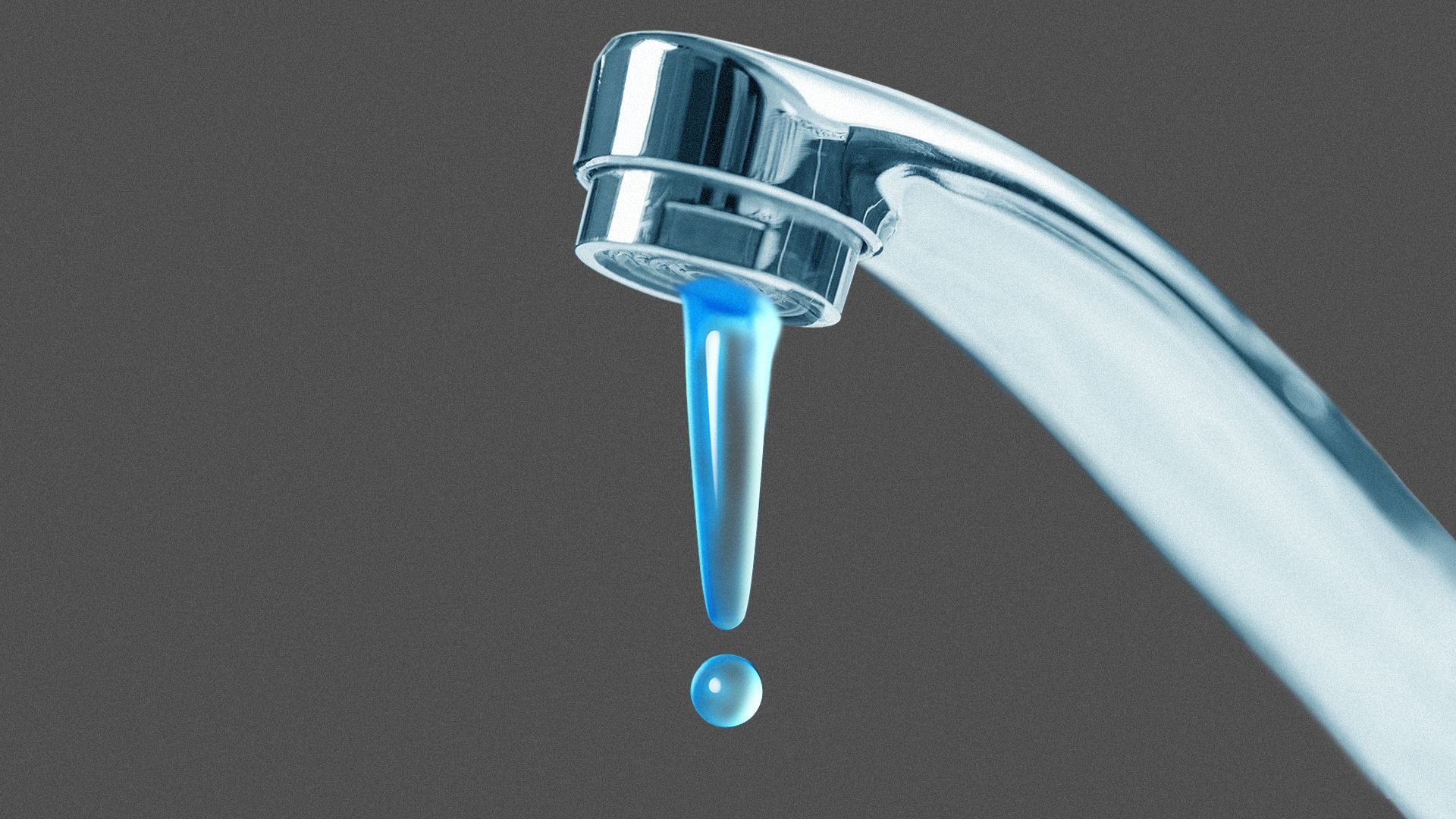|
||
| Presented By the Coalition to Strengthen America’s Healthcare | ||
| Axios Vitals | ||
| By Maya Goldman and Tina Reed · Nov 19, 2024 | ||
|
Happy Tuesday! Today's newsletter is 893 words or a 3.5-minute read. ⚡️ Join Axios' Caitlin Owens and Peter Sullivan Wednesday at 8am ET in Washington, D.C., for an event looking at the future of cognitive care, featuring conversations with Sen. Susan Collins (R-Maine), Rep. Nanette Barragán (D-Calif.), and more. RSVP here. |
||
| 1 big thing: Trump's polar opposites on pharma | ||
| By Maya Goldman | ||

|
||
|
Photos: Kevin Dietsch/Getty Images, Anna Moneymaker/Getty Images |
||
|
Between Robert F. Kennedy Jr. and Vivek Ramaswamy, the incoming Trump administration has highly divergent views on regulating the pharmaceutical industry. Why it matters: Both say there are deep problems with America's drug development system. But RFK Jr., the HHS secretary designee, is calling for more oversight of drugs and vaccines and diminished federal funding for R&D.
Their differences add another layer of uncertainty for pharmaceutical companies trying to navigate what could be dizzying changes in the new administration. Where it stands: Kennedy's priorities include a crackdown on direct-to-consumer drug ads and diverting half of the National Institutes of Health's research budget from infectious diseases to alternative cures and preventive health.
Ramaswamy wrote on social media last week that his biggest problem with the FDA is the agency's layers of bureaucracy, which he said stifle innovation.
Yes, but: Ramaswamy and Kennedy are aligned on some issues. Both have said they want to root out corruption in the FDA. They've also both advocated for restructuring federal departments and firing career civil service employees. |
||
|
|
||
| 2. A new tempest over fluoride in public water | ||
| By Sareen Habeshian | ||

|
||
|
Illustration: Lindsey Bailey/Axios |
||
|
Kennedy's call to end the public health practice of putting fluoride in water is resurfacing decades-old concerns about fluoridation, and some conspiracy-tinged ideas that are unsupported by science. State of play: RFK Jr. said earlier this month that "the Trump White House will advise all U.S. water systems to remove fluoride from public water" on Inauguration Day.
Water fluoridation in U.S. started in 1945 and 72% of the U.S. population served by community water systems receives fluoridated drinking water.
But there are concerns over water fluoridation, include fluorosis, when growing teeth are exposed to too much fluoride and develop white flecks or spots, and reduced IQ in children. |
||
|
|
||
| 3. ACA subsidy expiration could leave 4M uninsured | ||

|
||
|
Illustration: Aïda Amer/Axios |
||
|
Allowing enhanced Affordable Care Act marketplace subsidies to expire next year would add 4 million more people to the ranks of the uninsured, with coverage losses concentrated in conservative-led states, a new analysis finds. Why it matters: The findings underscore the degree to which the enhanced premium tax credits that Democrats passed in 2021 have benefited red states that haven't expanded Medicaid.
What they found: Urban Institute researchers estimated subsidized ACA marketplace enrollment would fall by 7.2 million people, and 4 million people would become uninsured, if the tax credits expire.
Most of the people exiting the marketplaces would be under age 55, which could skew the risk pool in the long run toward older adults with more health care needs, the researchers wrote. |
||
|
|
||
|
A message from the Coalition to Strengthen America’s Healthcare |
||
| Hospitals are there for rural America 24/7/365 | ||
|
|
||
|
Hospitals provide essential care in rural America where access to physicians is limited. In 2021 alone, rural patients turned to hospital EDs 18 million times for care. Get the facts on how hospitals care for patients in rural America 24 hours a day, 7 days a week, 365 days a year. |
||
| 4. Charted: 988 hotline awareness | ||
| By Maya Goldman | ||
 Adapted from a University of Pennsylvania report; Chart: Axios Visuals Public awareness of the 988 national suicide prevention hotline is growing but still low, new survey data from University of Pennsylvania found. Why it matters: Calls and texts to 988 are increasing. Still, the hotline can't help someone if they don't know about it, said Kathleen Hall Jamieson, director of University of Pennsylvania's Annenberg Public Policy Center. What they found: 15% of people surveyed in September said they knew of the hotline and correctly identified its number as 988 in an open-ended format. Yes, but: The survey doesn't show a significant increase in knowledge of 988 between October 2023 and September 2024.
|
||
|
|
||
| 5. Catch up quick | ||

